1. North Korea and South Korea
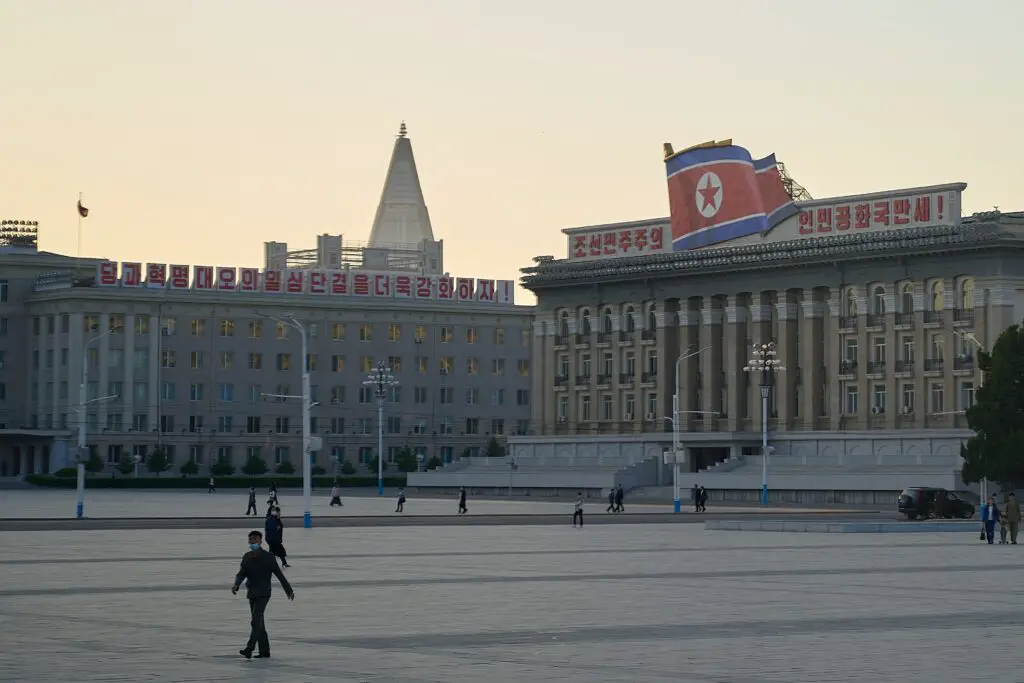
These two have been at odds since the Korean War ended in an armistice in 1953, but the tension never really eased. Technically, they’re still at war since no peace treaty was ever signed. While there have been occasional diplomatic gestures, like family reunions and brief talks, the hostility remains strong. North Korea’s unpredictable leadership and nuclear ambitions don’t help, and South Korea’s alliance with the U.S. keeps the divide deep. Even when relations seem to warm up, something always happens to cool them down again says Reuters.
The Demilitarized Zone (DMZ) is one of the most fortified borders in the world, a constant reminder of the lingering grudge. North Korea’s government keeps its citizens isolated, portraying South Korea as an enemy, while the South has largely moved on, though always keeping an eye on its unpredictable neighbor. Despite shared history and culture, reunification feels like a distant dream. Until leadership in the North changes drastically, these two won’t be patching things up anytime soon adds Newsweek.
2. India and Pakistan
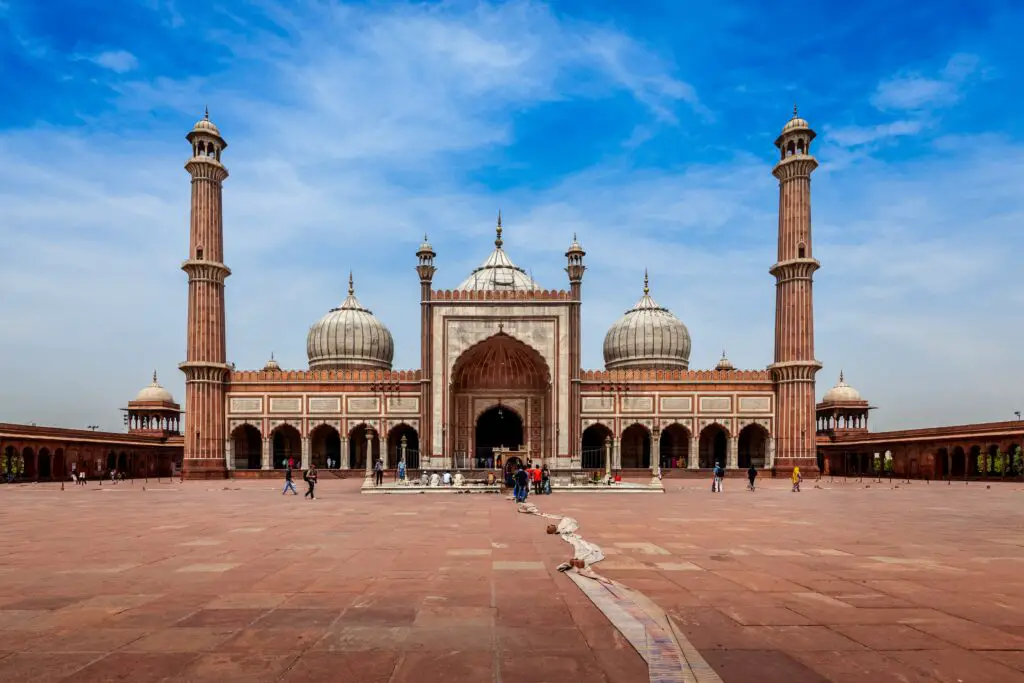
Since gaining independence from Britain in 1947, India and Pakistan have been locked in one of the world’s longest-standing rivalries. The partition that created the two nations was violent and traumatic, with millions displaced and hundreds of thousands killed. At the heart of the conflict is Kashmir, a region both countries claim and have fought multiple wars over. Even in times of relative peace, skirmishes along the border flare up frequently. Tensions are also fueled by religious and political differences, with India being a majority-Hindu country and Pakistan a Muslim-majority nation shares BBC.
While there have been brief moments of hope, such as cricket diplomacy and cross-border trade, the deep-seated mistrust never really fades. Both countries have nuclear weapons, which makes the situation even more dangerous says the New York Times. People on both sides often want peace, but governments and political agendas keep the grudge alive. Unless a major breakthrough happens, these two will likely keep side-eyeing each other for generations.
3. Armenia and Azerbaijan
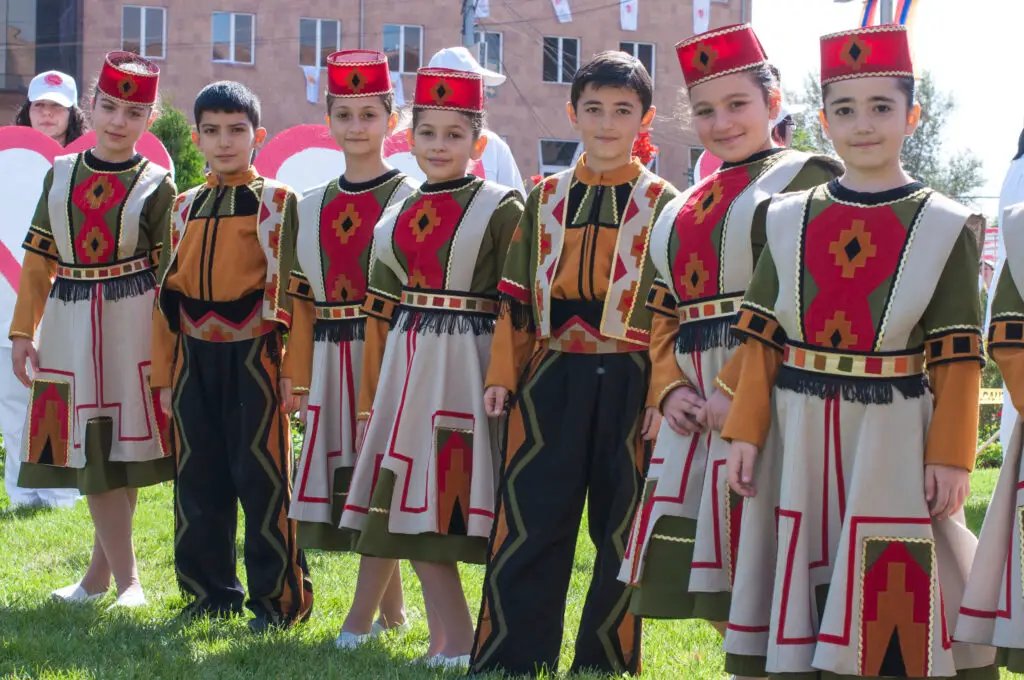
This grudge is centered around Nagorno-Karabakh, a disputed region that has been a flashpoint for violence for decades. Both countries claim it, and despite ceasefires and peace talks, fighting breaks out regularly. The most recent conflict in 2020 saw Azerbaijan take back territory with heavy military force, displacing thousands of Armenians. The region’s history is full of violence, dating back to the collapse of the Soviet Union when the first war erupted.
Diplomatic efforts have been weak at best, with both sides deeply entrenched in their positions. Armenia still mourns its losses, while Azerbaijan celebrates its gains. The animosity has even affected their citizens, with each side treating the other with deep suspicion. The border remains tense, and full reconciliation seems nearly impossible.
4. Greece and Turkey

Greece and Turkey have been feuding for centuries, with disputes dating back to the fall of the Byzantine Empire. In more modern times, the conflict centers around Cyprus, where a Turkish invasion in 1974 split the island into Greek and Turkish-controlled territories. The two countries also regularly argue over maritime rights, airspace, and drilling rights in the Mediterranean. Even though they are both NATO members, they frequently butt heads in international politics.
Tensions flare up every few years, especially when politicians on either side use nationalism to rally support. While there is some trade and tourism between the countries, deep-seated historical grudges keep full reconciliation at bay. Greece sees Turkey as an aggressor, while Turkey feels unfairly treated by the West. Without a major shift in diplomacy, this feud isn’t going anywhere.
5. Israel and Palestine
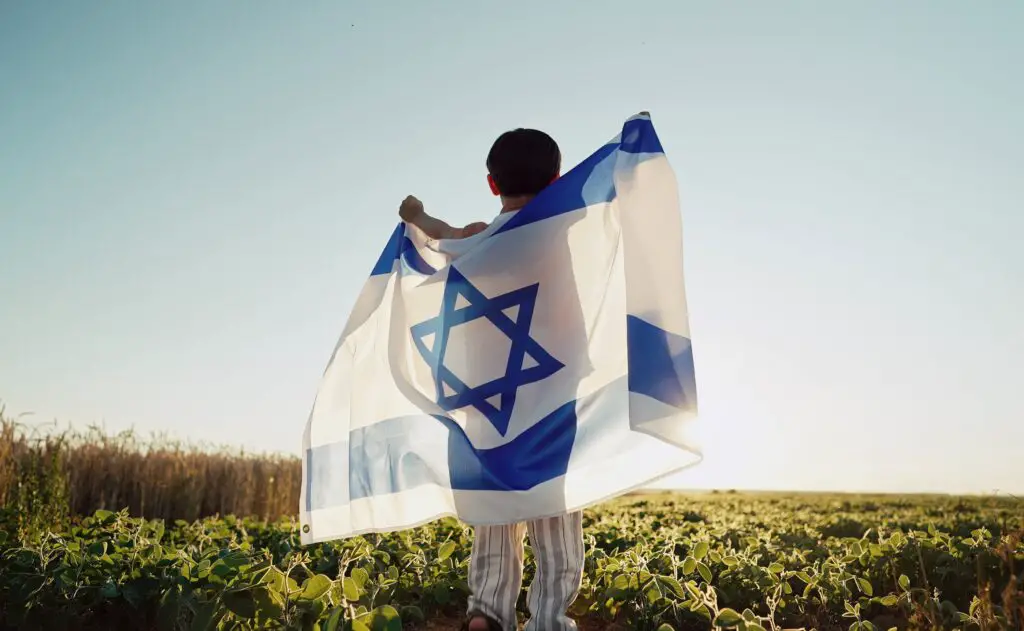
One of the most well-known and painful conflicts in modern history, the Israel-Palestine dispute is deeply rooted in land, religion, and identity. The conflict intensified after the establishment of Israel in 1948, leading to wars, displacement, and ongoing violence. Both sides have experienced suffering, with generations growing up knowing only hostility. Peace talks have come and gone, but no lasting solution has been reached. The situation remains incredibly complex, with both sides claiming historical and religious ties to the land.
Attempts at peace are often disrupted by political shifts, violence, and international interference. While there are people on both sides who want to coexist peacefully, extremists and leaders with rigid positions keep the cycle going. With each new escalation, reconciliation becomes harder. This is a grudge that, unfortunately, shows no signs of being resolved anytime soon.
6. China and Taiwan

China considers Taiwan a breakaway province, while Taiwan sees itself as an independent nation. This tension dates back to 1949 when the Chinese Civil War ended with the communist takeover of mainland China, forcing the losing side to flee to Taiwan. Since then, China has insisted on reunification, even threatening military action. Taiwan, with its thriving democracy and economy, has no interest in being absorbed.
The U.S. complicates things by supporting Taiwan without officially recognizing it as a separate country. China regularly flexes its military muscle, sending aircraft and ships near Taiwan as a warning. While full-scale war hasn’t broken out, the animosity is always simmering. Unless one side drastically changes its stance, this grudge will continue indefinitely.
7. Russia and Ukraine

Even before Russia’s 2022 invasion of Ukraine, these two had a strained relationship. Ukraine was once part of the Soviet Union, but after gaining independence in 1991, it leaned more toward the West, which Russia didn’t like. The 2014 annexation of Crimea was a major turning point, sparking tensions that ultimately led to full-scale war. Ukrainians see Russia as an imperial aggressor, while Russia claims Ukraine is historically tied to it.
Even if the war ends, the damage is done—cities have been destroyed, lives lost, and trust shattered. Ukraine has distanced itself from Russia culturally and politically, cutting off the deep ties they once had. Generations of Ukrainians will grow up resenting Russian interference. It’s safe to say this grudge will last long after the fighting stops.
8. Japan and South Korea

Despite being modern allies in some ways, Japan and South Korea have a long history of bitterness. Japan’s colonization of Korea from 1910-1945 left deep wounds, with lingering resentment over war crimes and forced labor. Even today, disputes over history books, apologies, and reparations keep tensions alive. Every so often, things get heated, with boycotts and diplomatic snubs making headlines.
Trade and security concerns mean they have to cooperate, but there’s always underlying friction. Many South Koreans feel Japan hasn’t fully acknowledged or apologized for its past actions. Meanwhile, Japan sees itself as unfairly vilified for events from generations ago. With neither side willing to fully let go of the past, this grudge is far from over.
9. Serbia and Kosovo

Kosovo declared independence from Serbia in 2008, but Serbia refuses to recognize it. The conflict dates back to the ‘90s, when Kosovo, a majority-Albanian region, fought for independence from Serbia’s control. NATO intervened in 1999, leading to Kosovo’s eventual breakaway, but Serbia still sees it as its territory. Diplomatic efforts have tried to ease tensions, but Serbia won’t budge.
The situation keeps the Balkans tense, with occasional flare-ups at the border. Some countries recognize Kosovo, while others don’t, further complicating things. Even everyday citizens feel the impact, as travel and trade between the two can be tricky. Until Serbia formally lets go, this dispute will continue.
10. Saudi Arabia and Iran
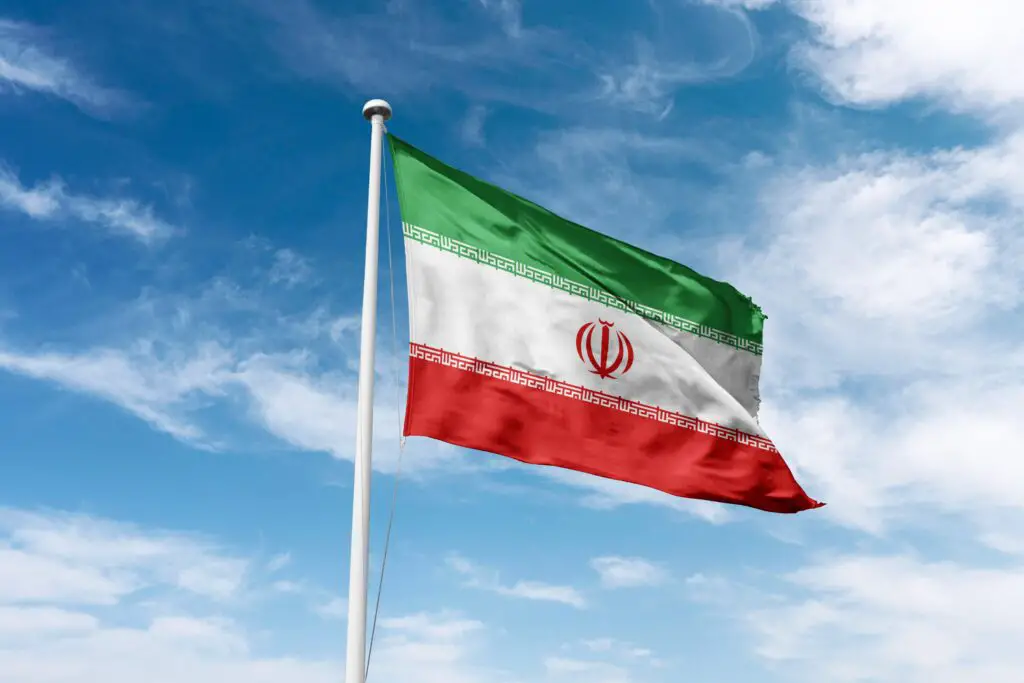
These two major Middle Eastern powers have been rivals for decades, largely due to religious and political differences. Saudi Arabia is a Sunni-majority country, while Iran is predominantly Shia, and this sectarian divide fuels their animosity. They back opposing sides in conflicts across the region, from Yemen to Syria. Even diplomatic efforts have been fragile at best.
Both countries also compete for influence over the Muslim world and control of oil markets. While there have been occasional talks, deep distrust remains. The struggle for dominance keeps their relationship icy. Unless a major shift occurs, this grudge isn’t fading.
11. France and Britain

France and Britain have been rivals for centuries, dating back to the Hundred Years’ War and beyond. They fought countless wars, competed for colonies, and even today, remnants of their historical tension linger. While they’re allies now, there’s always an undercurrent of rivalry. Brexit only reignited old animosities, with disputes over fishing rights, trade agreements, and border control.
Culturally, they poke fun at each other, with the British calling the French “snobby” and the French seeing the British as “uncultured.” Language debates, historical grievances, and diplomatic spats pop up every so often. Despite working together in NATO and the EU (before Brexit), they still find reasons to squabble. Their relationship is more of a friendly grudge, but the rivalry never really disappears.
12. Ethiopia and Eritrea
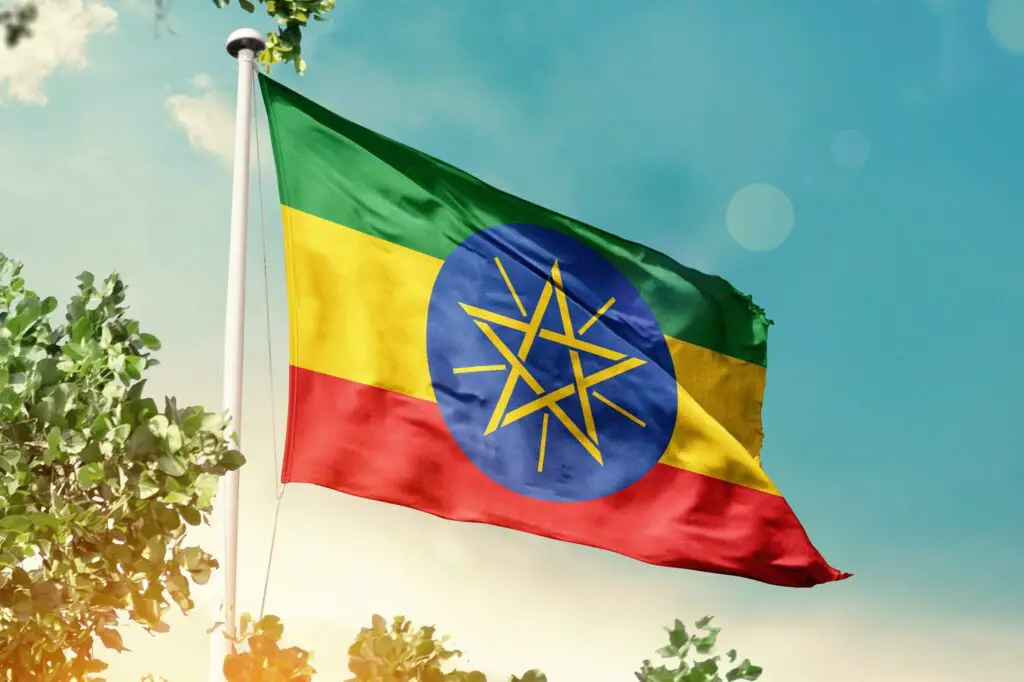
Eritrea was once part of Ethiopia, but after a long and bloody struggle, it gained independence in 1993. That should have been the end of it, but tensions flared into a brutal border war from 1998-2000. Even after a peace deal was signed, hostilities remained, with closed borders and occasional military clashes. It wasn’t until 2018 that they officially ended their conflict, but bad blood still lingers.
Decades of war and political differences have left deep scars. While some efforts at diplomacy have been made, mistrust runs deep. Many Eritreans still see Ethiopia as a threat, and Ethiopia keeps a wary eye on its neighbor. Even if outright war is unlikely, this grudge is far from resolved.
